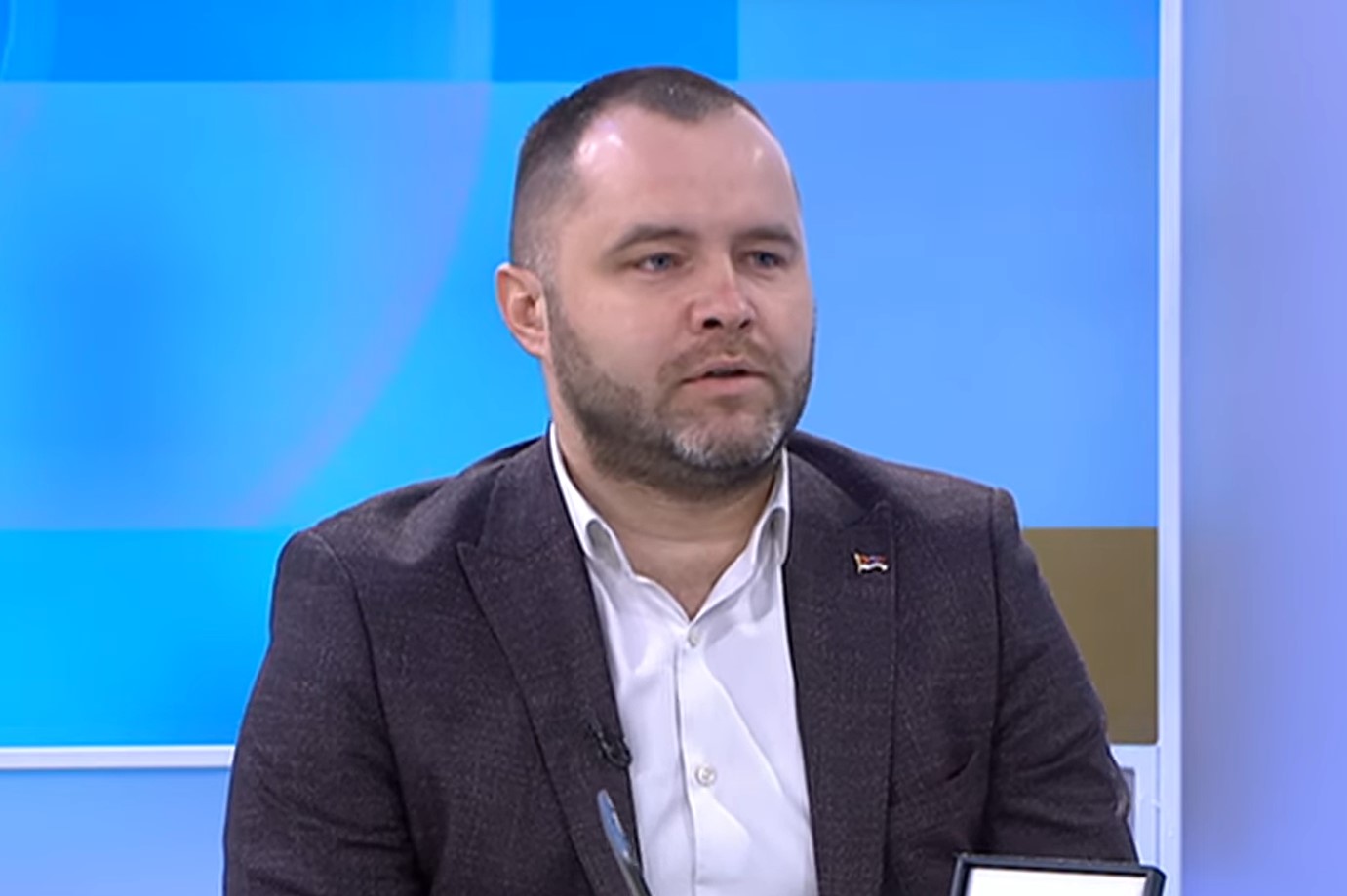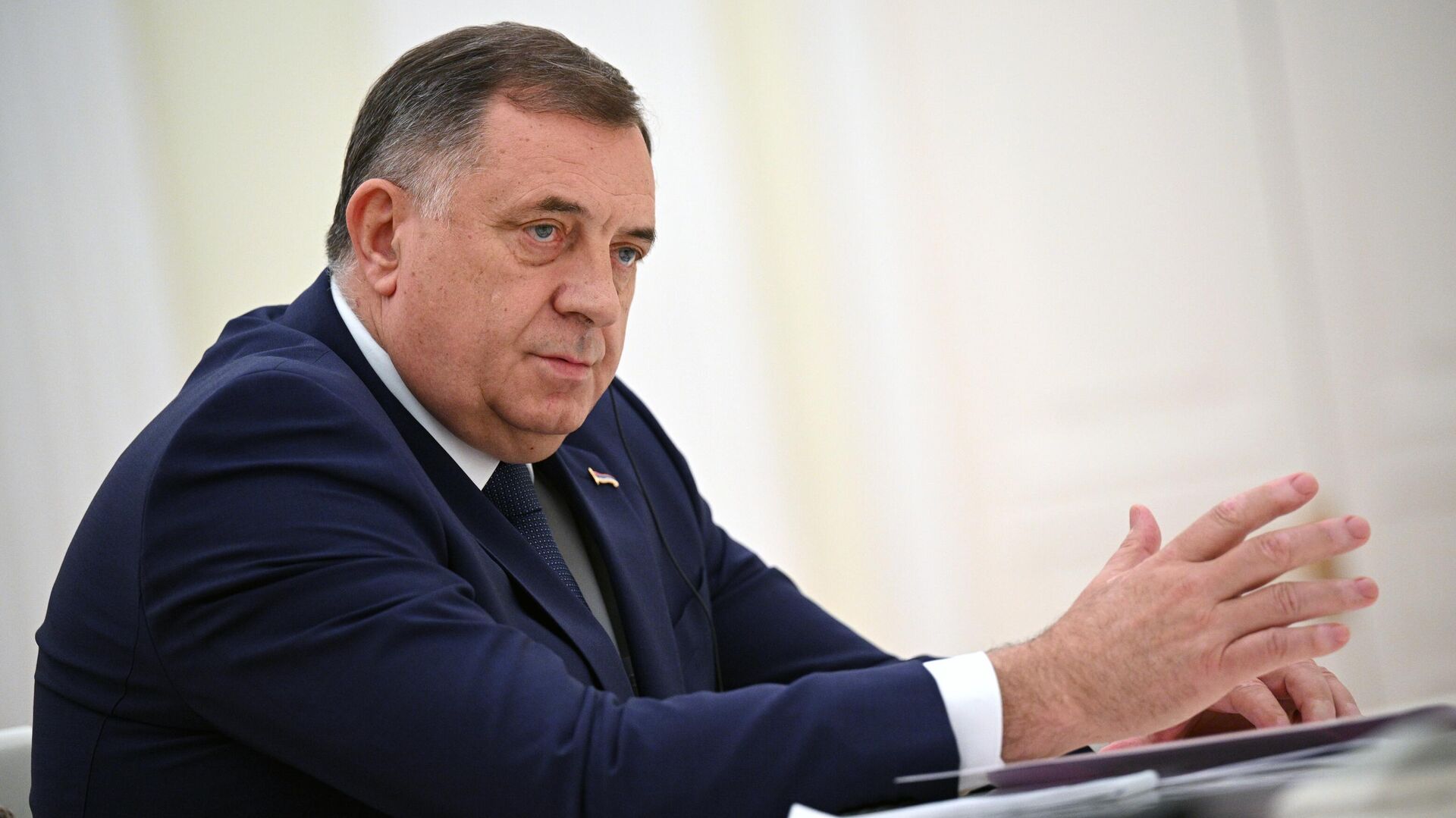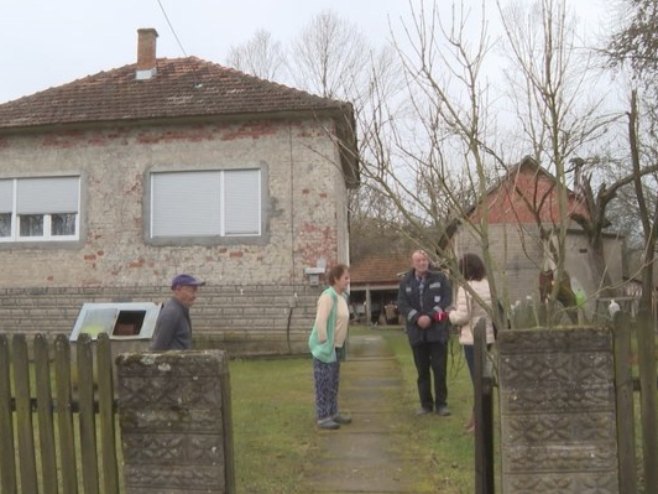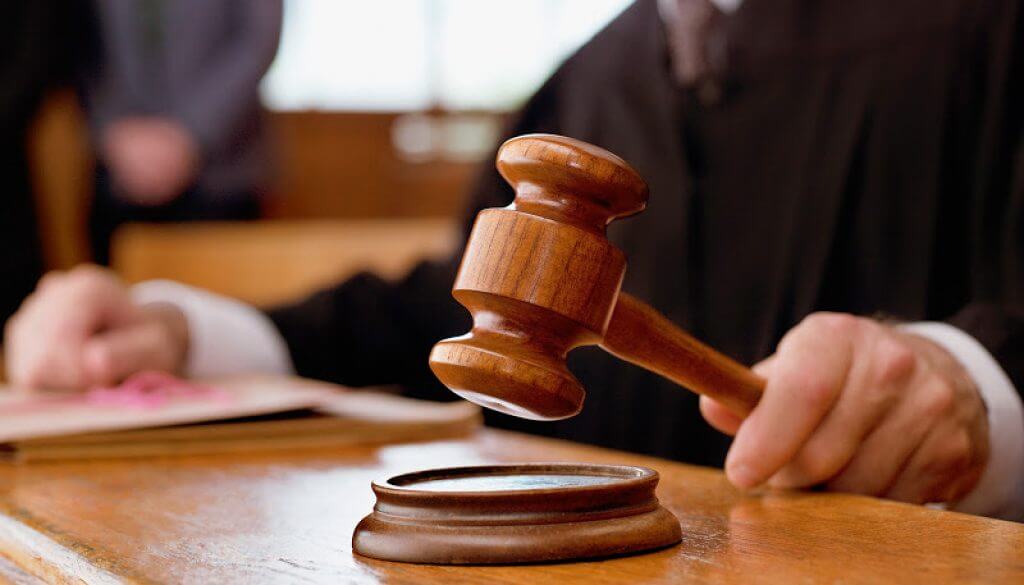The request of the Prosecutor’s Office of Bosnia and Herzegovina for a sentence closer to the maximum for the President of Republika Srpska, Milorad Dodik, and the acting director of Official Gazette, Miloš Lukić, is not based on any relevant evidence, stated Stevica Dronjak, director of the Fund for Professional Rehabilitation and Employment of Persons with Disabilities of Republika Srpska.
Dronjak told Srna that such a request by the Prosecutor’s Office is neither justified nor legally founded but is a political attempt to reduce Republika Srpska to a mere administrative unit, devoid of real political power.
“The Court of Bosnia and Herzegovina is not a judicial institution in the classical sense, but rather an instrument for disciplining those who refuse to ‘play by the rules’ set by Sarajevo and its Western mentors. In this case, the verdict is not a matter of justice, but of politics—because if someone in Republika Srpska dares to defend its laws, they must be punished,” Dronjak stated.
He explained that the indictment is based on alleged non-compliance with decisions of a self-proclaimed legal authority, following the principle of “where the judge is also the prosecutor, force prevails over law.” He further described the trial as a continuation of the proceedings held in Sarajevo in 1914 for so-called treason.
“And even today, we ask ourselves: treason against what? This trial is not just an attack on Dodik, but on everything that Republika Srpska represents. Today, it is the President on trial, tomorrow it will be a minister, and the day after tomorrow, it will be a teacher who spends too much time in history class talking about Serb victims,” Dronjak said.
He asserted that the Court of Bosnia and Herzegovina would find a legal basis for anything and that all verdicts against Serbs in Bosnia and Herzegovina should be reviewed in accordance with international legal standards and principles of fair trial.
Dronjak added that independent legal experts and international institutions should be engaged to ensure that verdicts are issued without political influence and in accordance with legal norms recognized in the civilized world.
“If there is no law, they will invent one. If there is no precedent, they will create one. And if there is no justice, they never cared about that anyway. The essence is simple—someone wants to put Serbs before a choice: either obey, or be punished. But the Serbs are not a people who yield to blackmail,” Dronjak emphasized.
He reminded that the Serbs have fought for freedom for centuries, never receiving it as a gift, and knowing that without it, there is neither dignity nor life.
“If the Serbs were a people who remained silent and accepted force, we would not exist today. History has taught us something that many in Sarajevo and the West have yet to understand—that a Serb does not surrender when cornered. When Field Marshal Mišić was informed that he was surrounded, he smiled and said: ‘Excellent, now we can attack in all directions!’” Dronjak pointed out.
He stressed that this process is not just a local issue but part of a broader geopolitical strategy in which Western powers seek to finalize their project of a centralized Bosnia and Herzegovina. Republika Srpska, he said, remains the last obstacle they have not been able to break through political pressure, so now they are attempting to do so through judicial terror.
Dronjak argued that this is all part of a larger picture in which the Balkans are once again being reshaped according to the interests of global powers—Serbia is under constant pressure, Kosovo and Metohija are occupied, Montenegro has been pushed into NATO, and now Republika Srpska is next to be abolished as a political entity.
“But they fail to understand that Srpska is not just a political entity; it is an idea, the will of a people to decide its own fate. And so, if anyone believes this court process will be the final word in this story, they are gravely mistaken,” Dronjak emphasized.
He added that this is not the end, but the beginning.
“If they think they can force us to renounce ourselves through blackmail and verdicts, they should remember how all those before them who tried the same have ended,” Dronjak concluded.
He emphasized that Republika Srpska was born in struggle, defended in war, and continues to live regardless of court decisions from institutions that long ago lost the right to call themselves judicial bodies.
Tonight, in Banja Luka, the Government of Republika Srpska will hold a session on the political and security situation and the potential consequences of the trial before the Court of Bosnia and Herzegovina against the institutions of the Republic—the President and Official Gazette.
Earlier today, the Prosecutor’s Office of Bosnia and Herzegovina requested that President Milorad Dodik be sentenced to a prison term closer to the maximum than the minimum prescribed for this offense, along with a 10-year ban from political activity.
The same sentence was requested for Miloš Lukić, the acting director of Official Gazette.
Source: Kozarski Vjesnik









